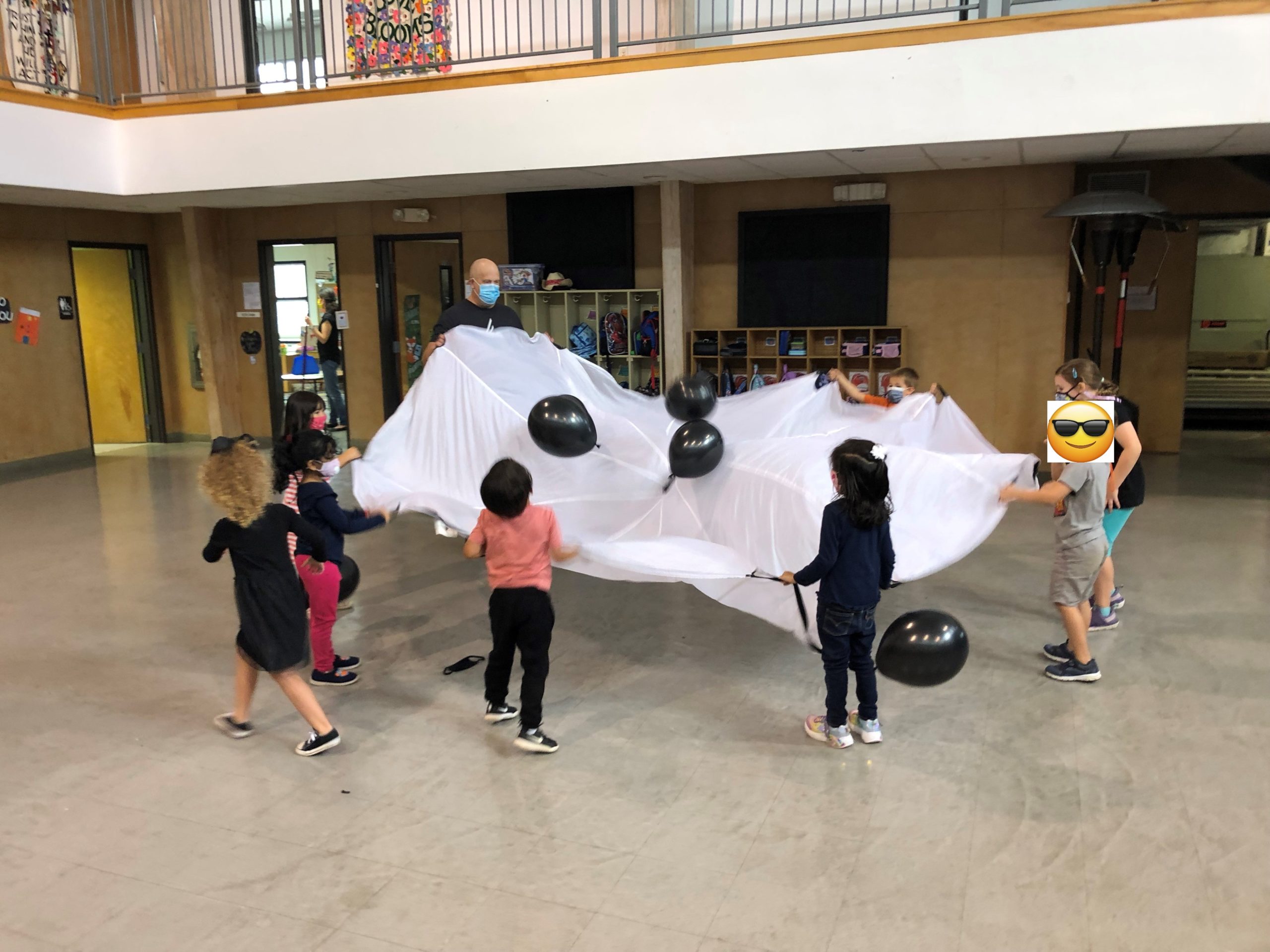Enrichment
The following enrichment programs are included with your tuition and are considered part of the “specials” rotation for our EDCP classes.
Music
The music curriculum focuses on teaching children rhythm, pitch, as well as auditory discrimination. Students learn various songs and games, instrument families, reading rhythms, and even playing simple instruments. The study of music in early childhood is good for brain development in many ways. One place we see an importance is in early reading behaviors. Music is an essential part of ECDP’s preschool program.
Library
The ECDP Library is a place where children experience literature in a variety of delivery systems, from fingerplays to film projectors. Here students will learn library etiquette, book care, parts of the book, and parts of the story. Students will also have the opportunity to check out a book from our library to keep in their classroom which gives students the chance to exercise decision-making skills and practice the care of books and library etiquette they’ve been learning in class.
Physical Education
PE at ECDP is a structured class incorporating play and games selected to teach or strengthen a skill such as eye-hand coordination, galloping, skipping, aiming, balance, or core strength. One very specific goal of our PE class is to be sure that children are engaging in gross motor skills that cross the body’s midline which facilitates the brain’s ability to work quickly between its hemispheres. The good news is: the kids just think they’re playing!

STEAM Lab
ECDP’s computer lab is set up with desktop computers complete with mice. No touch screens here. The objectives in this class are to teach children computer vocabulary, the care of computer hardware, some keyboarding skills, as well as fine motor manipulation of the mouse. In the computer lab, children will participate in activities to practice those skills as well as play educational games that support the learning occurring in their classrooms.
ECDP employs a computer lab in our program because we do not want computers in the classrooms. In the classrooms, we want children to learn in interactive and physically engaging ways. However, we cannot ignore that computer practice is one way that children learn today. Our computer lab meets that learning style as well as teaches skills.
Outdoor Learning Area (OLA)
Outdoor learning areas offer preschoolers opportunities to learn and explore. Children develop respect and appreciation for the natural world and learn to be good conservation stewards in the future. Outdoor learning also has a positive impact on many areas of a child’s development. Children learn new skills and develop self-confidence by learning how-to garden and tending to growing plants. Playing outdoors increases physical activity to help prevent childhood obesity and support gross motor development. Being outdoors reduces children’s stress levels and aggression and promotes playing more cooperatively and creatively. Time spent outdoors can help lesson symptoms associated with ADHD, help increase concentration, and enhance cognitive ability.


